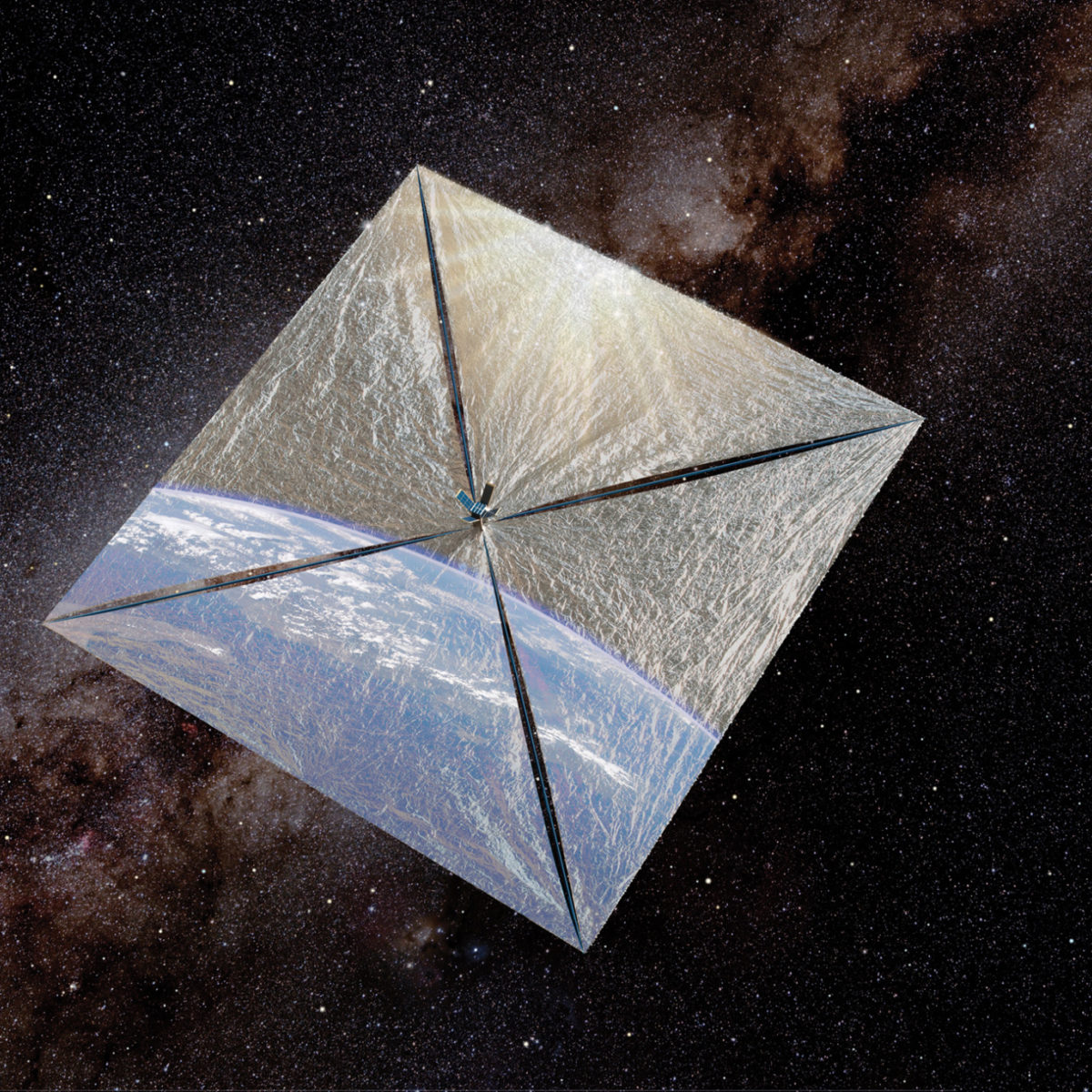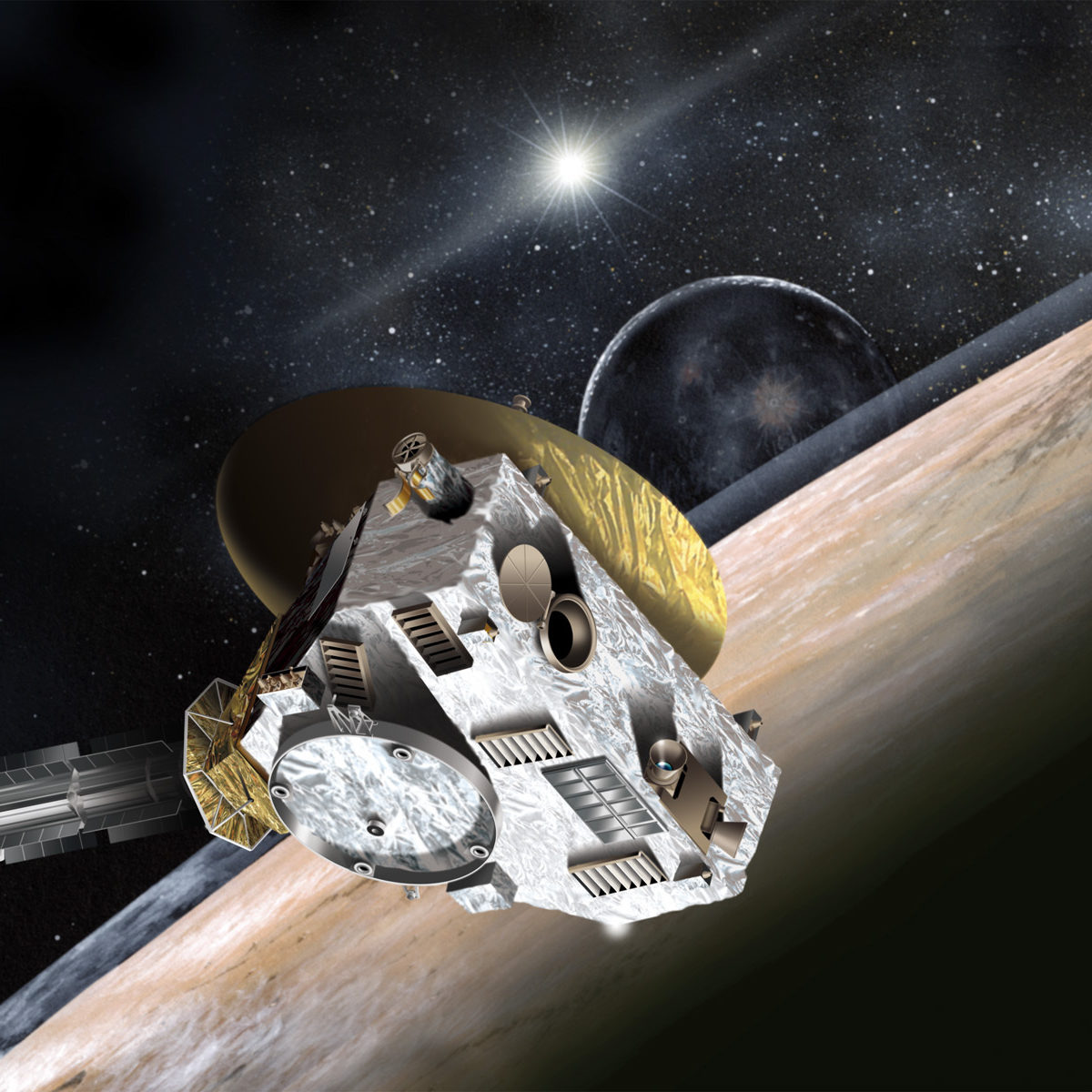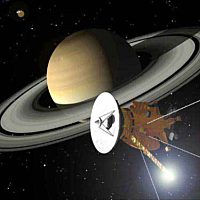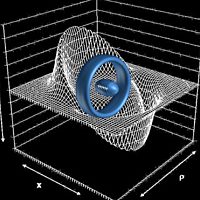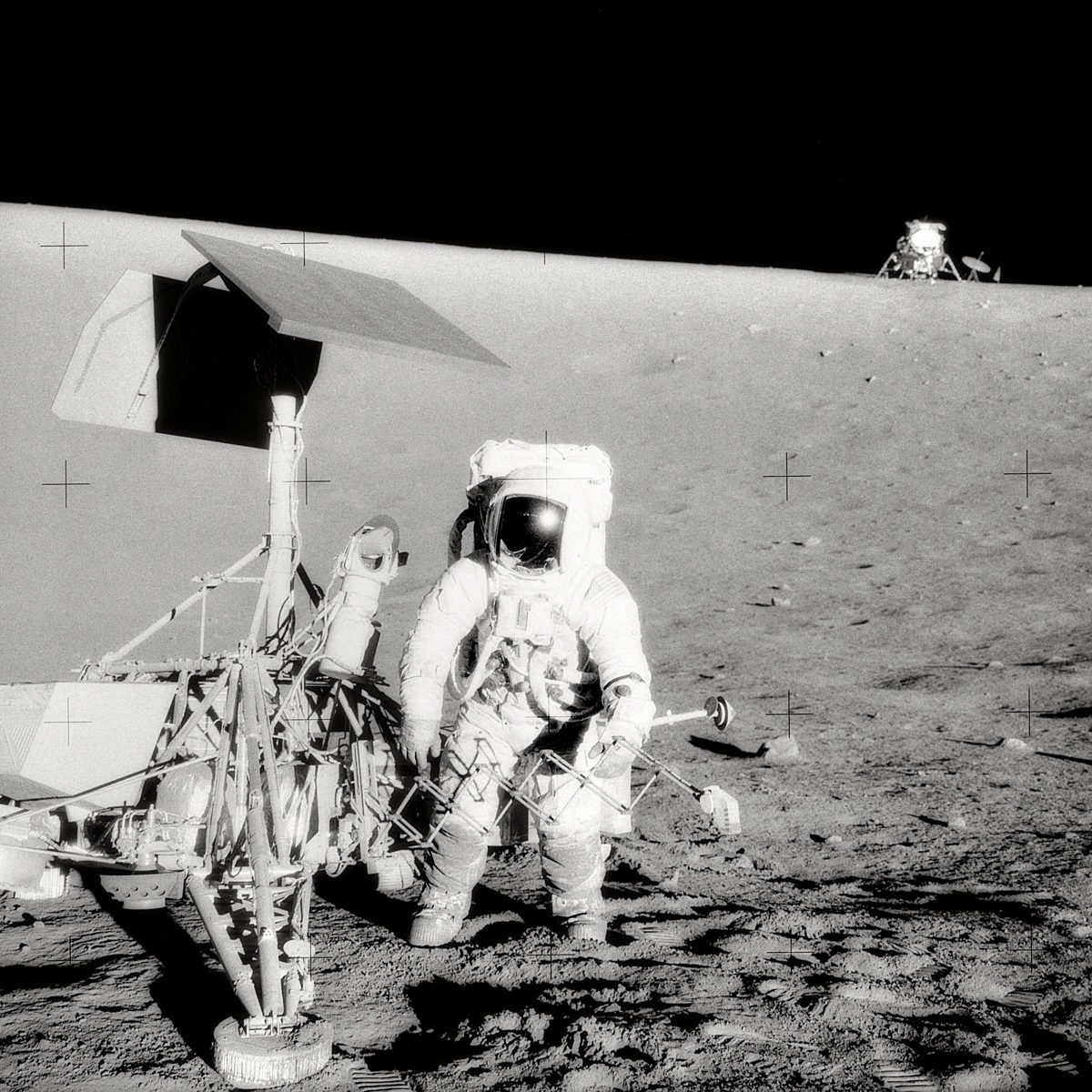Since 2002, Planetary Radio has visited with a scientist, engineer, project manager, advocate, or writer who provides a unique perspective on the quest for knowledge about our Solar System and beyond. The full show archive is available for free.
Search Planetary Radio
The Planetary Society has just announced that LightSail will be launched into orbit on its first test flight in May. We’ll talk with Project Manager Doug Stetson and embedded LightSail reporter Jason Davis about what to expect.
The Planetary Society’s experts look forward to a great year of firsts in the solar system and beyond.
Our annual review of the greatest events and accomplishments over the last year features analysis and commentary by Bill Nye the Science Guy, Emily Lakdawalla, Jason Davis, Casey Dreier and Bruce Betts, along with a special new year’s gift of Neil deGrasse Tyson.
Not just the air. Where is the water that was plentiful on the red planet billions of years ago? MAVEN may help answer these questions. Principal Investigator Bruce Jakosky reports on the early, exciting science data.
Not just landed. Orbited, too. European Space Agency Senior Science Advisor Mark McCaughrean helps us celebrate the Rosetta orbiter and the Philae lander.
Cassini is safe! Project scientist Linda Spilker returns with a regular update on Saturn, its moons and rings not long after learning that the mission is funded through its 2017 plunge into the planet.
If there’s life on Mars, it’s probably deep beneath the surface. That’s just one reason we need a tool like Planetary Deep Drill on the red planet and other mysterious worlds around our solar system. Honeybee Robotics’ Kris Zacny introduces us to the innovative prototype.
It was a terrible, tragic week for commercial space development. Historian and space policy analyst John Logsdon helps up understand the greater meaning of the SpaceShipTwo and Antares disasters on this special edition of Planetary Radio, with additional thoughts from Bill Nye.
Inspired by Star Trek, distinguished physicist Miguel Alcubierre developed the general relativity-based model for warp drive 20 years ago. Hear why he doubts it will ever be a reality, and learn about his current research on gravitational waves.
Explore Mars wants to look for life on the Red Planet. Not past life. Life thriving under the Martian surface right now. Chris Carberry will tell us how the ExoLance project might find it.
New Horizons passed through the orbit of Neptune on August 25th. By cosmic coincidence, this was the 25th anniversary of Voyager 2’s flyby of that big, blue world. We catch Principal Investigator Alan Stern right after a celebration in Washington.
Harvard’s Henry Lin led work that determined the soon-to-be-launched James Webb Space Telescope may be able to detect an alien civilization by analyzing its atmosphere.
The National Research Council released its long-awaited report June 4th. Distinguished space policy analyst John Logsdon returns to Planetary Radio with his take on this latest attempt to determine the proper role of humans in space.
NASA has just published
Emily shares highlights from last week’s Lunar and Planetary Science Conference, and Alan Stern provides updates on the Rosetta comet mission and his New Horizons probe that is nearing Pluto, and addresses the controversy around Uwingu’s Name a Martian Crater project.
Astronomers Jay Pasachoff and Alex Filippenko join us for a conversation about their newest version of their monumental textbook,
24 spacecraft are either busy exploring the solar system or speeding toward an exciting destination. The Planetary Society's Senior Editor takes us on a whirlwind advance tour.


 Explore Worlds
Explore Worlds Find Life
Find Life Defend Earth
Defend Earth


